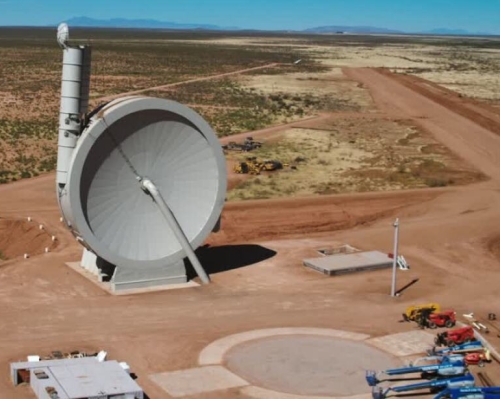SpaceX launches another 52 Starlink satellites
Capitalism in space: SpaceX this afternoon successfully completed its second Falcon 9 launch of the day, placing 52 Starlink satellites into orbit from Vandenberg..
The seven hour gap between launches was a record for the shortest time between two SpaceX launches. The first stage landed successfully on a drone ship in the Pacific, completing its fifth flight.
The leaders in the 2022 launch race:
45 SpaceX
41 China
12 Russia
7 Rocket Lab
7 ULA
American private enterprise now leads China 64 to 41 in the national rankings, and the entire world combined 64 to 61. The U.S. total, 64, ties the total from 1965, the second most active year in American rocketry. The record of 70 successful launches, set in 1966, will almost certainly be broken sometime in the next month.
Capitalism in space: SpaceX this afternoon successfully completed its second Falcon 9 launch of the day, placing 52 Starlink satellites into orbit from Vandenberg..
The seven hour gap between launches was a record for the shortest time between two SpaceX launches. The first stage landed successfully on a drone ship in the Pacific, completing its fifth flight.
The leaders in the 2022 launch race:
45 SpaceX
41 China
12 Russia
7 Rocket Lab
7 ULA
American private enterprise now leads China 64 to 41 in the national rankings, and the entire world combined 64 to 61. The U.S. total, 64, ties the total from 1965, the second most active year in American rocketry. The record of 70 successful launches, set in 1966, will almost certainly be broken sometime in the next month.


